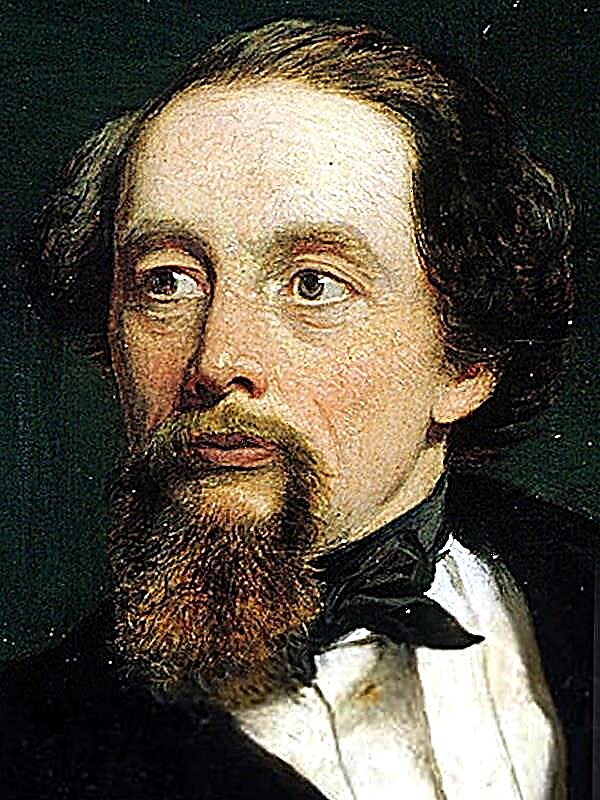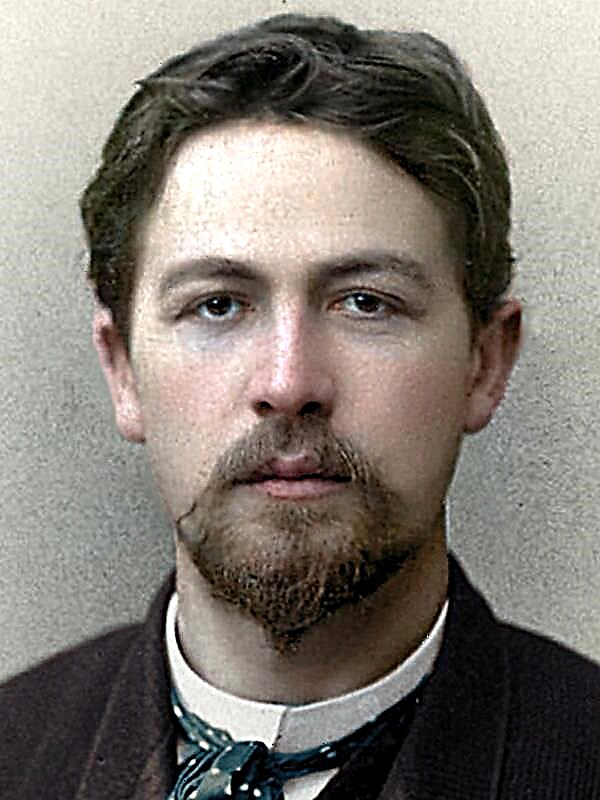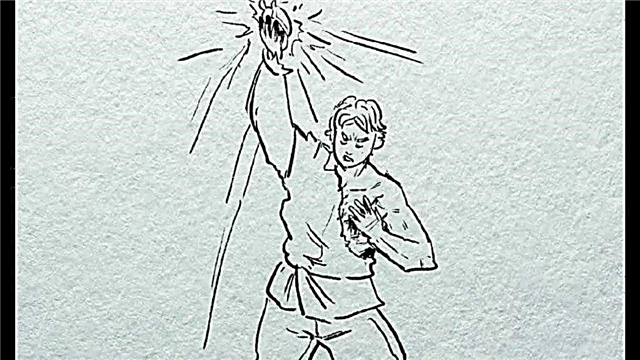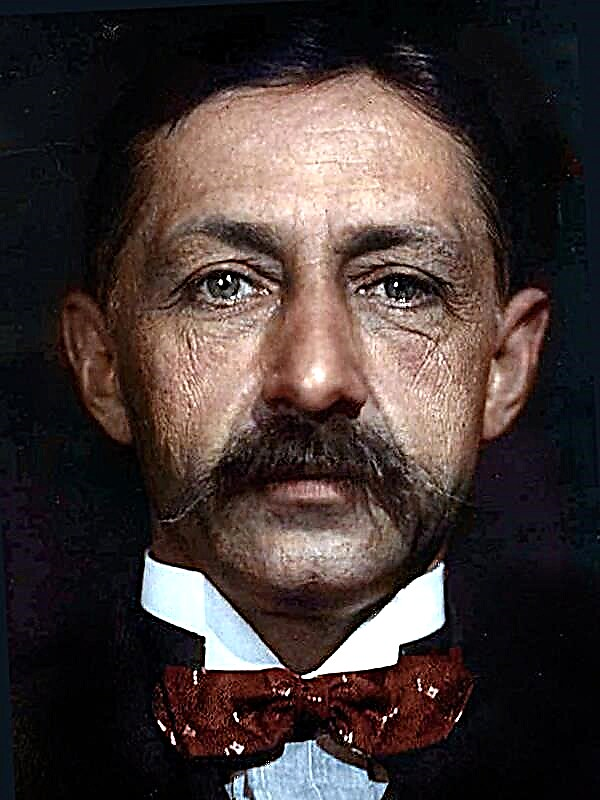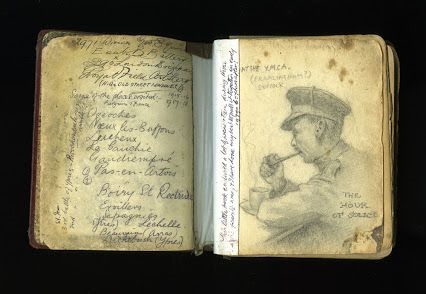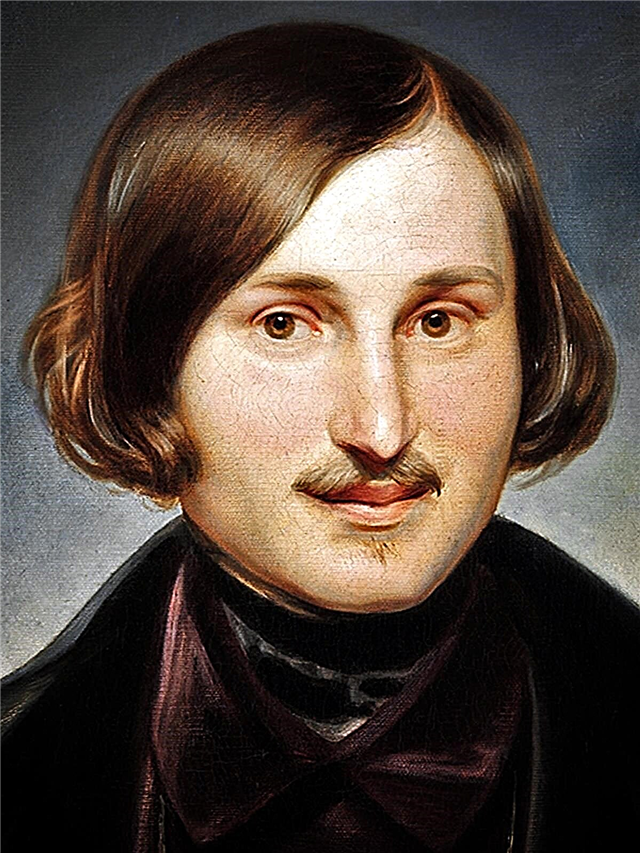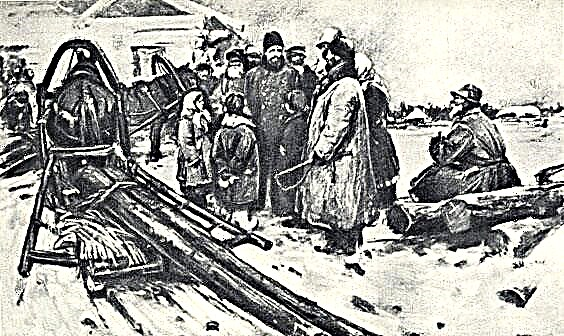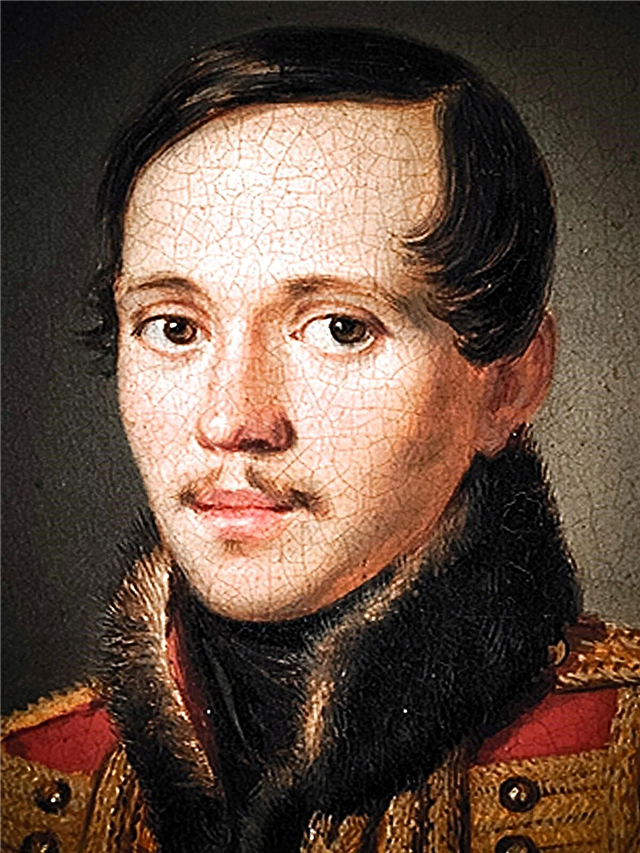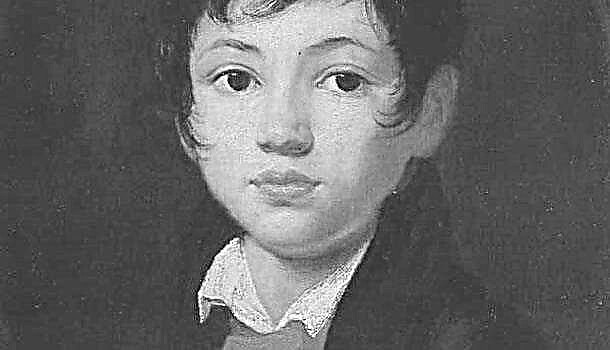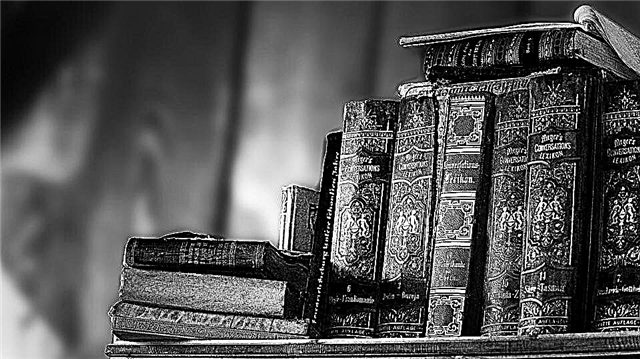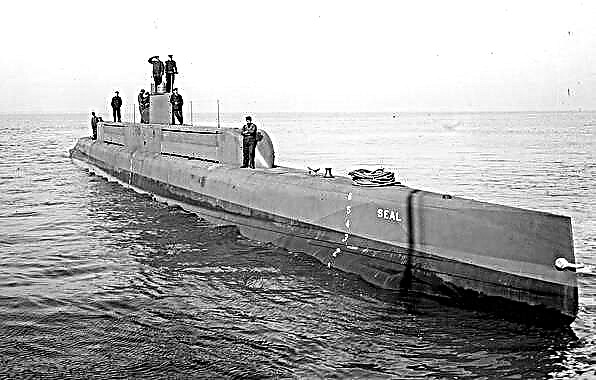(336 words) Some readers think that the lyrical digressions in the novel “Eugene Onegin” is just a manifestation of the author’s desire to express his opinion on sensitive issues. However, in reality they have a number of important functions, which I will try to describe in the following paragraphs.
First, lyrical digressions play a compositional role. The author sometimes interrupts the story of the heroes when significant events do not occur in their lives. These breaks in the plot are filled with lyrical digressions and landscape sketches. For example, between the explanation of Tatiana with Onegin and the meeting on the name day, about six months pass. Pushkin skips this period of time and connects the episodes with the help of his reasoning. Secondly, with the help of such derogations, the image of the author is created. For example, when he comments
Tatyana’s letter then protects her from prudish views. He explains to the reader that the heroine’s act is not motivated by immorality, but rather by purity of feeling. This speaks of the humanism of Alexander Sergeyevich, his ability to understand other people's experiences and not obey secular conventions. In the seventh chapter we see lines dedicated to Moscow. They express the patriotic feelings of the author. He is proud of her, because she did not submit to Napoleon. In lyrical digressions, the poet also talks about his own work, here his ability for self-irony is manifested:
Ile after a boring lunch
To me a wandering neighbor
Caught unexpectedly behind the floor,
Soul tragedy in the corner, ...
Thirdly, in lyrical digressions the image of an era is created. In the novel, there is Pushkin’s argument about the upbringing and education of the noble youth: "We all learned a little, something and somehow." In addition, the author talks about the theater of his time. We can find out that on the stages there were productions of plays by Fonvizin, Knyazhnin, that Didlo was a famous ballet director, that Istomina, a ballerina who was beautiful and talented, was very popular. The poet also addresses the problem of the development of the Russian language, which was actively discussed in society in his time. The fight was between the views of Karamzin and Shishkov. Followers of Karamzin believed that it was necessary to borrow vocabulary from European languages, and Shishkov's supporters opposed this. Pushkin believed that foreign words can be used if there are no corresponding Russians: “But knickers, a dress coat, a vest - All these words are not in Russian.”
Thus, lyrical digressions form the composition of the novel, express the image of the author and give comprehensive information about the place and time of action in the work.

